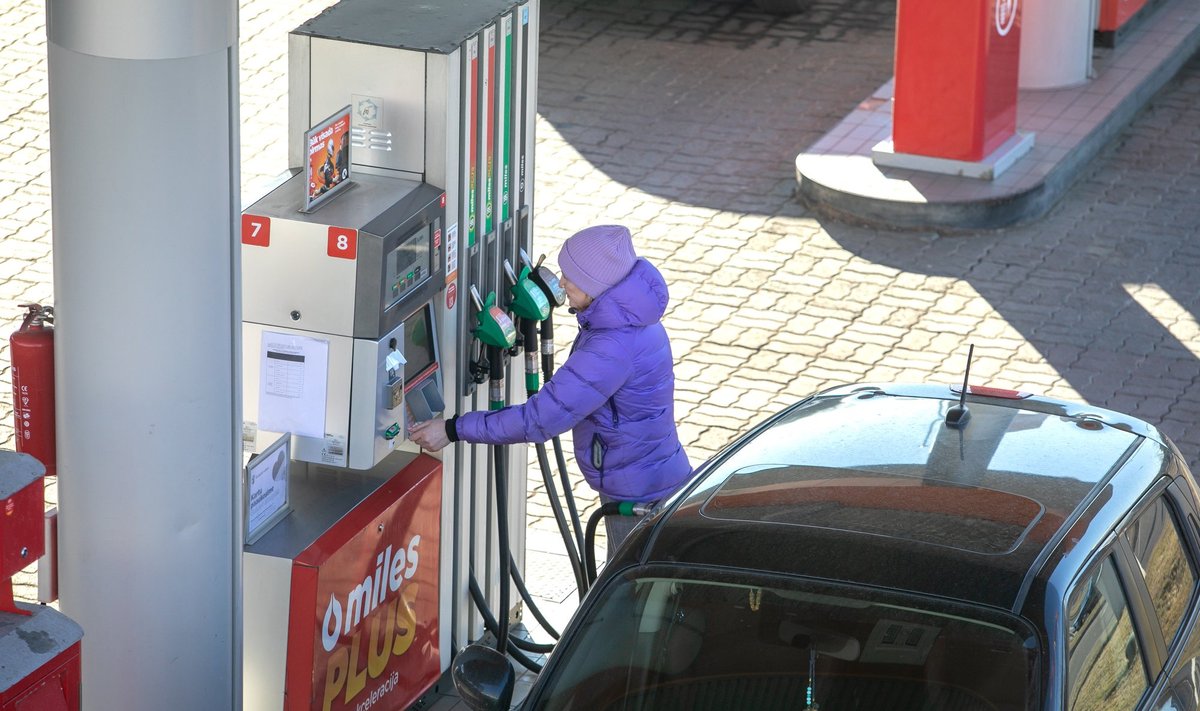"The price of oil still makes the major part of the price of a liter (of fuel - BNS). You can see how oil prices are rising, they are also rising because of the uncertainty on the oil market, because it is not clear whether Russian oil will be sanctioned, whether oil from other suppliers will come to the market, and how much of that oil will come," Simonyte told a press conference on Wednesday.
"Therefore, as long as there is uncertainty, all discretionary measures of the government, such as excise duty cuts, will, I am very sorry to say, end up in the pockets of the supply chains. The government will certainly not make such proposals for the time being," the prime minister added.
Representatives of some fuel station chains are calling on the government to cut the excise duty on fuel.
"We are watching as theater spectators what is happening in the world, but we can take a couple of steps back in our own backyard and those fuel prices will go down (...) Let's reduce the excise duty because the money is still coming into the budget. Let's help people to live somehow, to survive," Karolis Stasiukynas, the council chairman of the Union of Lithuanian Fuel Stations, told the public radio LRT on Wednesday.
Now in Lithuania, fuels are subject to a standard VAT rate of 21 percent, and in addition, unleaded petrol is subject to an excise duty of 466 euros per 1,000 litres, leaded petrol is subject to an excise duty of 579.24 euros, and the excise duty rate for diesel stands at 372 euros.
